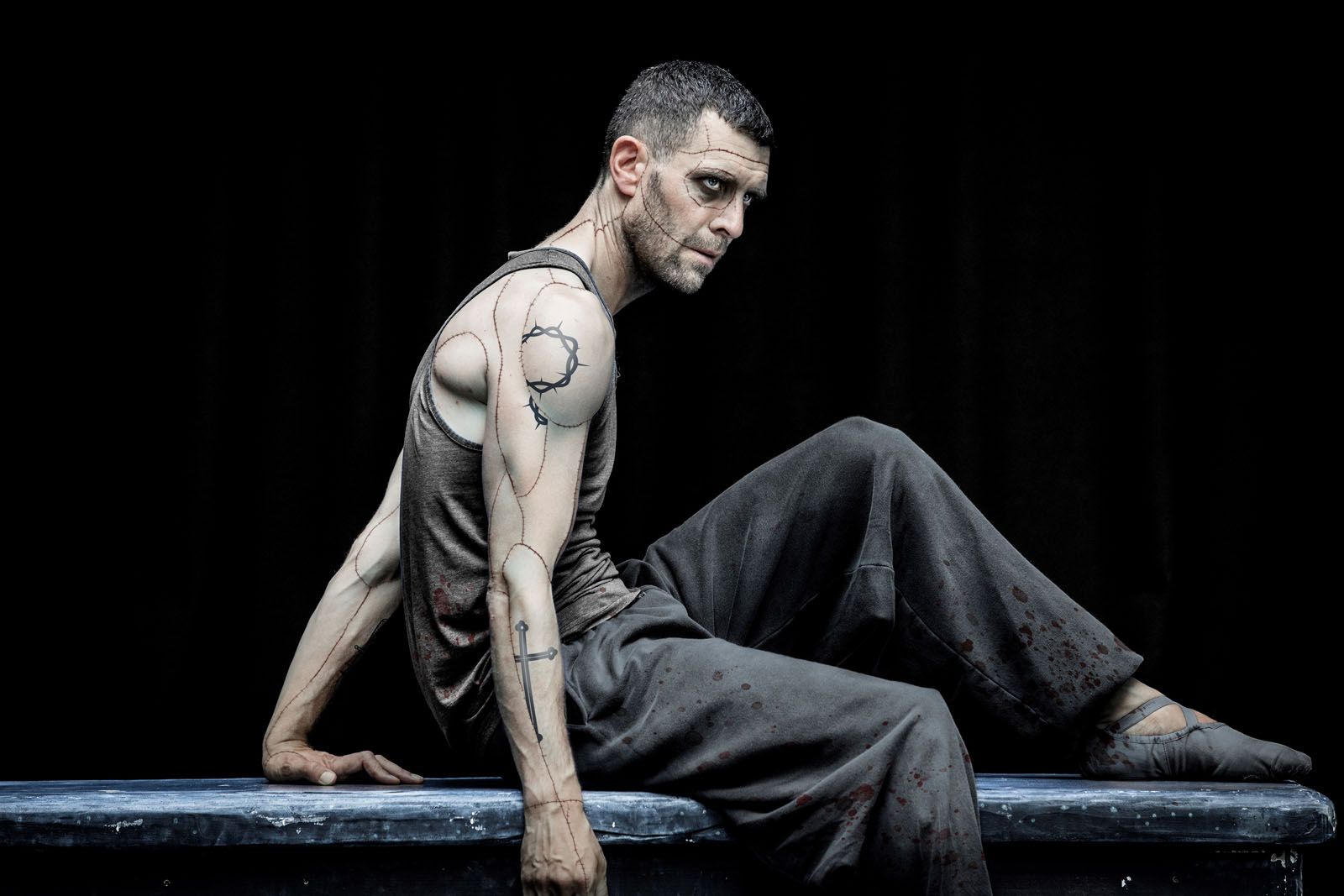
I really like contemporary dance and I love modern classical music. It’s not often I see them combined as it’s hard to keep one’s eyes peeled on all the listings and besides many events are fringe or one-off and typically lack any PR budget. As a result, most performances are so fleet of foot that I often only come across them after the event. This last Friday though, I was lucky for once – being in the audience of the Frome Memorial Theatre for the first night of something really special – Mark Bruce Company’s Frankenstein Double Bill.
This was right out of the top drawer. Sultry, seductive, brooding, razor sharp, poised. Throughout, the movement and line of the full company was absolute perfection. It was right up there with the very best things I’ve seen.
Liberation Day
The first half called Liberation Day was danced to six of Bruce’s own compositions, four sung by him and two by Eva Trodd. The lyrics and the laconic delivery seem to be influenced by Leonard Cohen and Scott Walker but perhaps even more world weary (if that’s possible). Eva Trodd is a new discovery for me. Her vocal delivery reminds one of Beth Gibbons of Portishead and Oi Va Voi era KT Tunstall. Only a few of her recordings including the two from Liberation Day are on YouTube at the moment but based on these first forays I doubt she’ll be unknown for long.
The dances comprising Liberation Day combined elements of tango, flamenco, blues, bluegrass and classical ballet. Whether solo, pas de deux or the whole company of six these were captivating. The first 20 minutes was over in a flash.
Frankenstein
In my early 20s I went through a spate of consuming classic iterature. I read quite a few of the Bronté sisters, Jane Austen, Thomas Hardy and Bram Stoker’s Dracula. I am unfortunately a very slow reader so never got around to Mary Shelley’s Frankenstein. Until Friday, I don’t think I would have given it a backward glance. I have never been much into horror or anything too scary so all in all my knowledge of the story was sketchy at best. But for some reason, based on clips of Hammer movies and Boris Karloff I thought I knew the story. I’m kicking myself that I didn’t read a synopsis of the plot before the performance.
Mark Bruce’s Frankenstein introduced other aspects though. Based on Shelley’s subtitle A Modern Prometheus, it includes elements of Greek mythology, another building block of my knowledge that is decidedly dodgy! Nevertheless, my lack of understanding didn’t detract from what I saw but it would have added so much had I boned up before. Of course, I now realise how way ahead of it’s time this novel was and how it would speak to anyone who feels marginalised or different and encounters a lack of empathy and understanding from others. In addition, it feels very pertinent to the present day, Frankenstein’s tremendous revulsion and regret over creating his Monster and being unable to close the Pandora’s Box that he has opened. It put me immediately in mind of humanity’s current dilemmas over the unerring rise of AI.
It was superbly done and amazingly self-assured. In places there was hardly any movement at all, which seemed really daring for a dance performance but ramped up the tension no end. All the dancers exhibited the highest level of artistic creativity but Jonathan Goddard as The Monster was incredible. His movement during the coming to life scene was really something else; so fluid, free flowing, random and uncontrollable. It made me think of a murmuration of starlings!
Of course, this is the stuff of nightmares. Mutiliation and murder a plenty. Even seemingly minute details of the choreography were memorable and shocking such as Frankenstein raising his saw or sewing flesh, the Monster ripping out the heart of a victim (or was that Prometheus’s liver?) and so many more.
The masterful musical choices added to the eerie dread and included Chopin, Tchaikovsky, Krzysztof Penderecki and Arvo Pärt. The song Wayfaring Stranger by David Eugene Edwards was danced to by the entire company and had a wonderful Robert Johnson “deal with the devil” type jangly guitar. It was totally different from the other more gothic choices but the bluesy, hoe down horror worked a treat. Similarly, the haunting blues of When we shall meet sounds as if it would be the music played aboard a ghostly Marie Celeste. Perhaps the strangest sounding track was Chopin’s Nocturne in C sharp minor arranged for piano and theremin – by no means an easy listen but hard to forget.
I have to say hats off to everyone involved – I can’t remember a performance when I have been so impressed by every single detail – costumes, props, make up (particularly the Monster’s tattoos) and lighting were all outstanding. It was all done in such a dream like way that I have to say that some of my memories of it are a bit of a blur, as if I have awoken and still trying to process it all. (I am sure that this was intentional as Mary Shelley said that the idea for the Frankenstein story came to her in a dream.)
What are we gonna do in the aftermath?
I so wish I could see this again but it’s only on for five more performances, two in Ipswich and three in London and unfortunately my schedule won’t allow. It’s been said before about other Mark Bruce Company productions that you should “Give blood for a ticket”1. If you appreciate dance, then you really need to find a way. Bruce’s song Apple Tree that opens the show has the repeating line “You’re too hot for me to handle“. It’s very apt as I would definitely say that Frankenstein is the hottest ticket in town!
Post crypt
I have said several times before that one day I hope to see Copland’s vampire ballet Grohg finally choreographed and presented. It’s coming up to Copland’s 125th anniversary and the 100th anniversary of when Copland completed the ballet in Paris. It has never been presented in it’s original narrative. The Mark Bruce Company have a history of presenting ghoulish masterpieces – Dracula in 2013/14, Macbeth in 2018 and Phantoms in 2023. Could Grohg be another to add to the set?
There’s always a Copland connection. The Frankenstein performance concludes with a Chopin Nocturne (Opus 27 Number 1). Copland transcribed a couple of Chopin Nocturnes (Opus 28 no’s 4 and 6) for cello and piano. Listen to them here.
Reference and photo credits
1 The Express on Dracula
All photos courtesy of Mark Bruce.

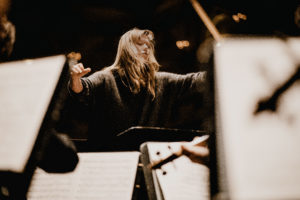
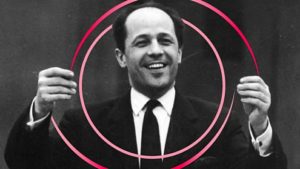
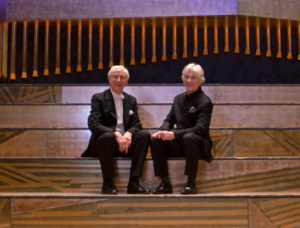
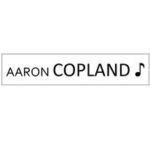




Leave a Comment